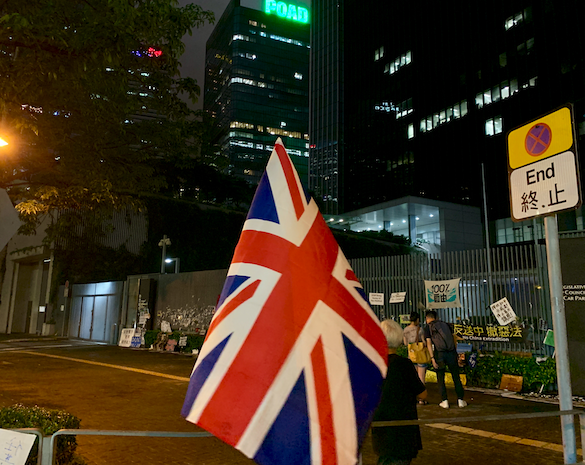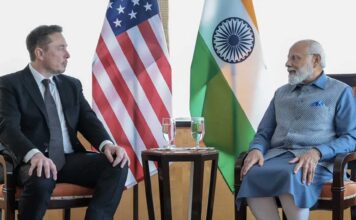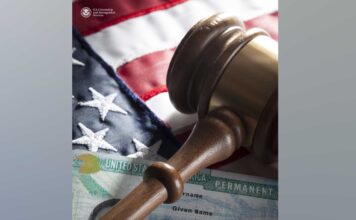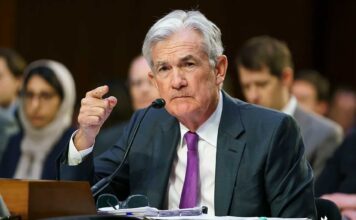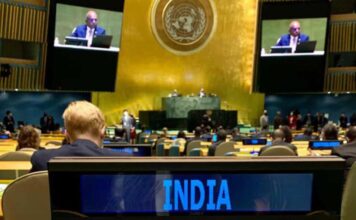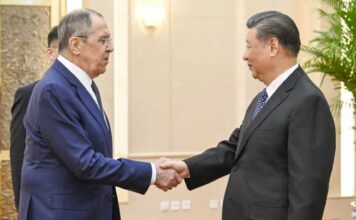Britain and Taiwan are rolling out the welcome mat in expectation of a mass exodus of citizens from strife-torn Hong Kong, which has been plagued by months of protests.
Other countries in the region such as Malaysia, Thailand, plus Australia and New Zealand have also reported a jump in interest from Hongkongers wanting to buy local real estate.
In the United Kingdom, The Sun newspaper said in an editorial recently that “Britain should throw open doors to Hong Kong’s brightest after Beijing breaks handover promises,” stressing that the Hong Kong elite should be granted full nationality to live and work in the country.
“We can throw our doors open to the best and brightest in the small territory, giving them a ticket to the front of the immigration queue,” suggests the newspaper. “Leaving the European Union, we will have the chance to build an immigration system fit for the 21st century… Even before that, we can send a signal that Britain is still a home for those [in the former crown colony of Hong Kong] who want to get on in a free society,” it said.
About 50 parliamentarians including Commons Foreign Affairs Committee chair Tom Tugendhat, Deputy Speaker of the House of Commons Lindsay Hoyle, Defence Select Committee Chair Julian Lewis and All Party Parliamentary Group on China chair Richard Graham have endorsed a proposal to explore options to embrace those from Hong Kong who wish to emigrate.
About 170,000 Hongkongers were holders of valid British National (Overseas) passports as of the end of 2018, and many more can renew their BNO passports at any time, according to the British Foreign Office.
Rush to get out
The reason for this rush to get out is the Hong Kong government’s controversial move several months ago to amend its extradition law to allow “criminals” to be tried in courts in mainland China.
The amendment – a key change to the ‘One country, two systems’ policy agreed to by Britain and China before the 1997 handover of control to Beijing – spurred a dramatic groundswell of public anger, which has morphed over the past three months into a push for more democratic freedoms.
Now the rallies – and battles between protesters and the police’s riot squad that usually follow – have become a significant factor pushing tourists, investors, and increasingly, local residents to look elsewhere.
With large crowds of protesters thronging the streets, it is not surprising perhaps that immigration agencies in the city have been inundated by a spike in inquiries from high-net-value individuals and families packing for destinations from Taipei to Toronto.
Cultural affinity
Countries with cultural and historical affinity with Hong Kong have been discussing rolling out incentives to woo talent amid the emerging exodus.
Aside from Britain, Taiwan – Hong Kong’s closest neighbor other than mainland China and Macau – has also seen support for the city and its residents cut across party lines. The self-governed island has already sheltered some dissidents from Hong Kong who are in self-imposed exile, as well as young protesters who jumped bail after being charged for rioting, illegal assembly or other crimes as a result of the ongoing unrest.
Now there have been calls in Taiwan to admit more young Hongkongers, many who are skilled and better educated than those from other places. This would also be a way to shore up the island’s declining birth rate, and prevent industries from being hollowed out and spur economic growth.
Hsu Cheng-wang, an assistant professor at the Kaohsiung-based Shu-Te University, has urged Taiwan President Tsai Ing-wen to employ a flexible immigration policy for Hongkongers, on top of her incentives to promote childbirth.
He also argued that letting in the Hong Kong elite with their strong purchasing power would give a boost to the island’s lackluster real estate and tourism sectors and drive urbanization in central and southern Taiwan.
For instance, Kaohsiung, Taiwan’s second-largest city, has been mulling an aggressive scheme to woo 30,000 well-educated and financially well-off Hongkongers over the next 10 years. Kaohsiung major Han Kuo-yu, who will run as the opposition Kuomintang party candidate in the presidential election in January, said he was eager to tap Hong Kong’s talent pool and capital to bolster the local economy.
In 2018, a survey by the US-based data analysts at Wealth-X found that Hong Kong has more than 10,000 ultra-rich residents worth at least US$30 million, surpassing New York as the city with the highest concentration of “hyper-rich.”
Taiwan may also see a new wave of start-ups and entrepreneurship that could even usher in the advent of a tech and financial economy as a large number of the Hong
Kong elite would consider starting their own businesses if Taiwan can provide a more liberal and stable environment.
Related policy loosening being mooted includes lowering the threshold of the island’s existing capital investment entrant program to NT$5 million (US$159,226) from NT$6 million, according to the Liberty Times and Taipei Times.


